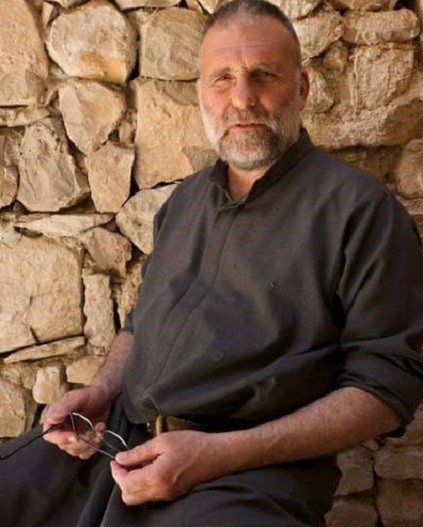Syria: Pro-Rebel Jesuit Priest Paolo Dall'Oglio 'Abducted by al-Qaida Offshoot'

A Jesuit priest who disappeared in Syria last week has been abducted by an al-Qaida offshoot, the Italian government said.
Foreign minister Emma Bonino said father Paolo Dall'Oglio has been kidnapped by a jihadist group operating in the civil-war-torn country.
"It looks like he has been taken by an Islamist group, a sort of local al-Qaida," Bonino told TV show Unomattina.
Bonino said she is "confident" her staff will secure the clergyman's release despite the many difficulties faced.
Rome native Dall'Oglio, 59, vanished in the rebel-held northern city of ar-Raqqah on July 29.
He was reportedly taken hostage by the Islamic State of Iraq and the Levant (ISIS), a jihadist group closely connected with the better-known Islamist al-Nusra Front.
The Jesuit clergyman had gone to negotiate the release of some hostages and a truce between Islamist rebels and local Kurds at ISIS headquarters in ar-Raqqah.
The Jesuits of the Middle East expressed "deep worry" at Dall'Oglio's fate, in a statement to Catholic news agency Fides.
Syria's umbrella opposition group the National Coalition urged "all parties involved in the disappearance of Father Paolo to immediately come forward and release him."
Vocal critic
Dall'Oglio has been a Jesuit missionary to Syria since the early 1980s.
A vocal critic of the Syrian regime led by President Bashar al-Assad, he was expelled from the country by government authorities in June 2012 but re-entered in January.
Last year, he urged Pope Francis to support the Syrian rebels' cause, accusing the regime of using the church as a propaganda toll against the rebellion.
"I took a position in favour of the Syrian democrats crushed by an inhuman and indiscriminate repression that I was hoping not to have to see in the twenty-first century," he wrote in a letter to the pontiff.
"Unfortunately, the Syrian regime has been very clever in using a certain number of clergymen, men and women, for its propaganda in the West, in which it represents itself as the only and ultimate bastion defending Christians persecuted by Islamic terrorism.
"This manipulation of the public opinion has succeeded in discrediting to a large extent the Syrian revolutionary effort, both on the ground and abroad, in the eyes of many citizens around the world, and was thus able to create a paralysis of European diplomacy and politics, which ultimately only strengthens the most extremist groups and weakens the civil society," Dall'Oglio wrote.
© Copyright IBTimes 2025. All rights reserved.






















